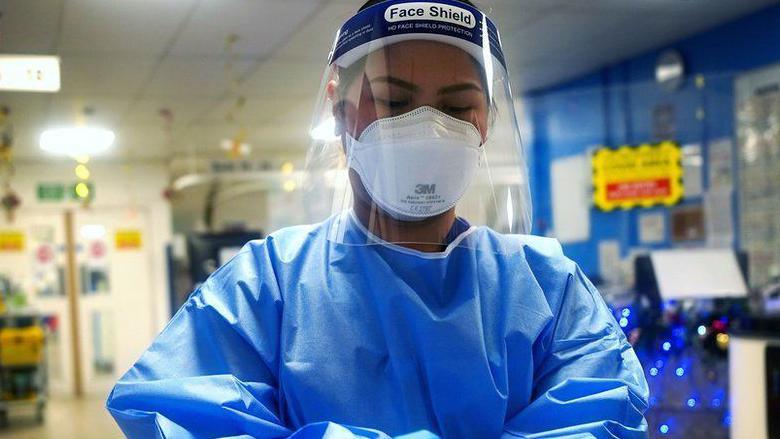How Covid affected child brain tumour treatments
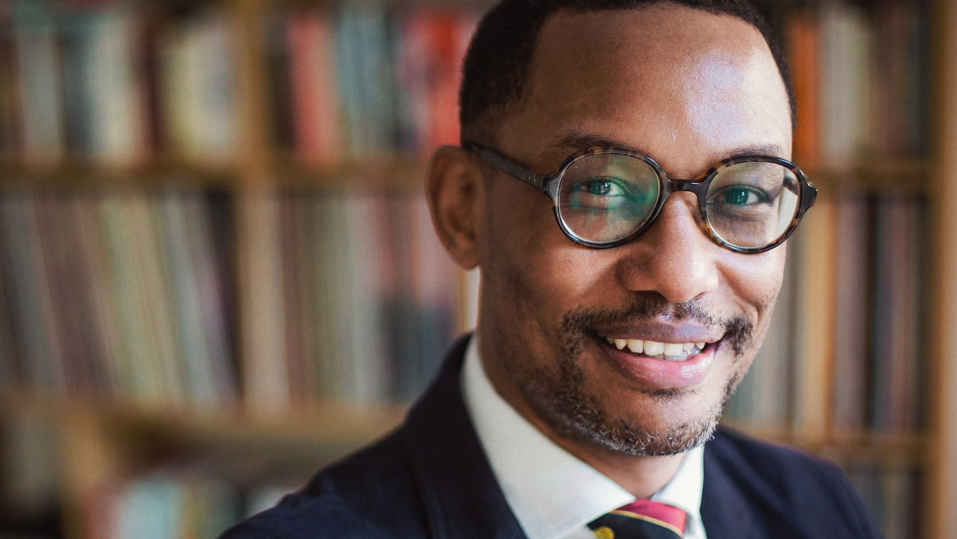
Ibrahim Jalloh, an adult and paediatric neurosurgeon specialising in tumours of the brain and spinal cord, said it was England's first investigation into the specific topic
- Published
Lessons need to be learnt from how the Covid-19 pandemic disrupted the treatment for children with brain tumours, researchers have said.
The study, led by academics in Cambridge and Lancaster, said there were five major challenges for families trying to access the healthcare system during that period.
Seeing a GP face to face was more difficult and remote consultations relied on the caregiver highlighting any "red flags", the report said.
Addenbrooke's Hospital consultant Ibrahim Jalloh said: "Findings from this study offer practical insights from families and stakeholders, to improve the healthcare system during future disruptions."
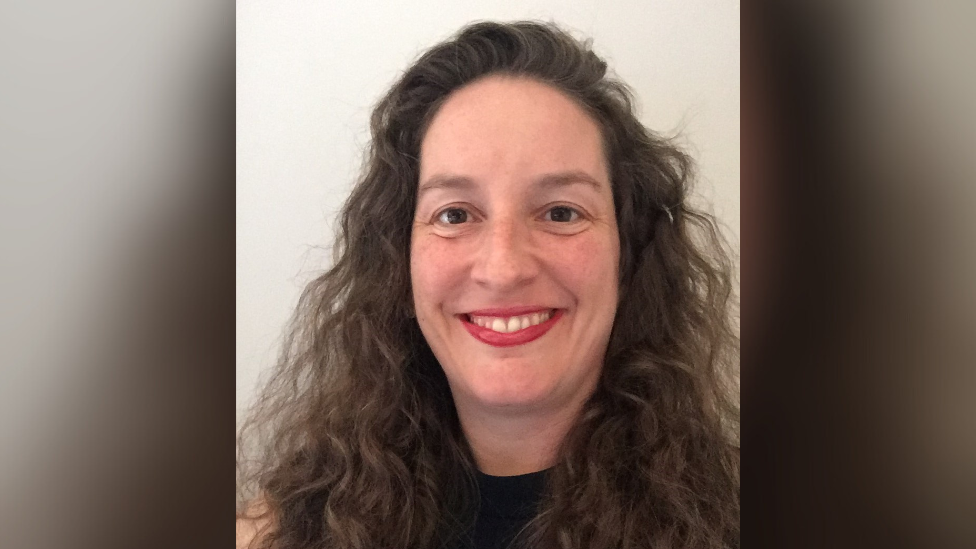
Prof Rachel Isba, from Lancaster Medical School and Alder Hey Children's Hospital, said she hoped to see improvements
The study, which was published on Thursday in British Medical Journal Open, external, analysed the effects of the pandemic on the diagnosis, treatment and ongoing management of children and young people with brain tumours.
Ten children and young people, 20 caregivers and 16 stakeholders - such as nurses and neurosurgeons - were interviewed between January 2022 and June 2023.
The report authors - who included academics from Birmingham, Manchester and Nottingham - said public health messages during the pandemic sometimes led to a "reluctance to seek help".
Paediatric brain tumours were the second most common form of childhood cancers, they said.
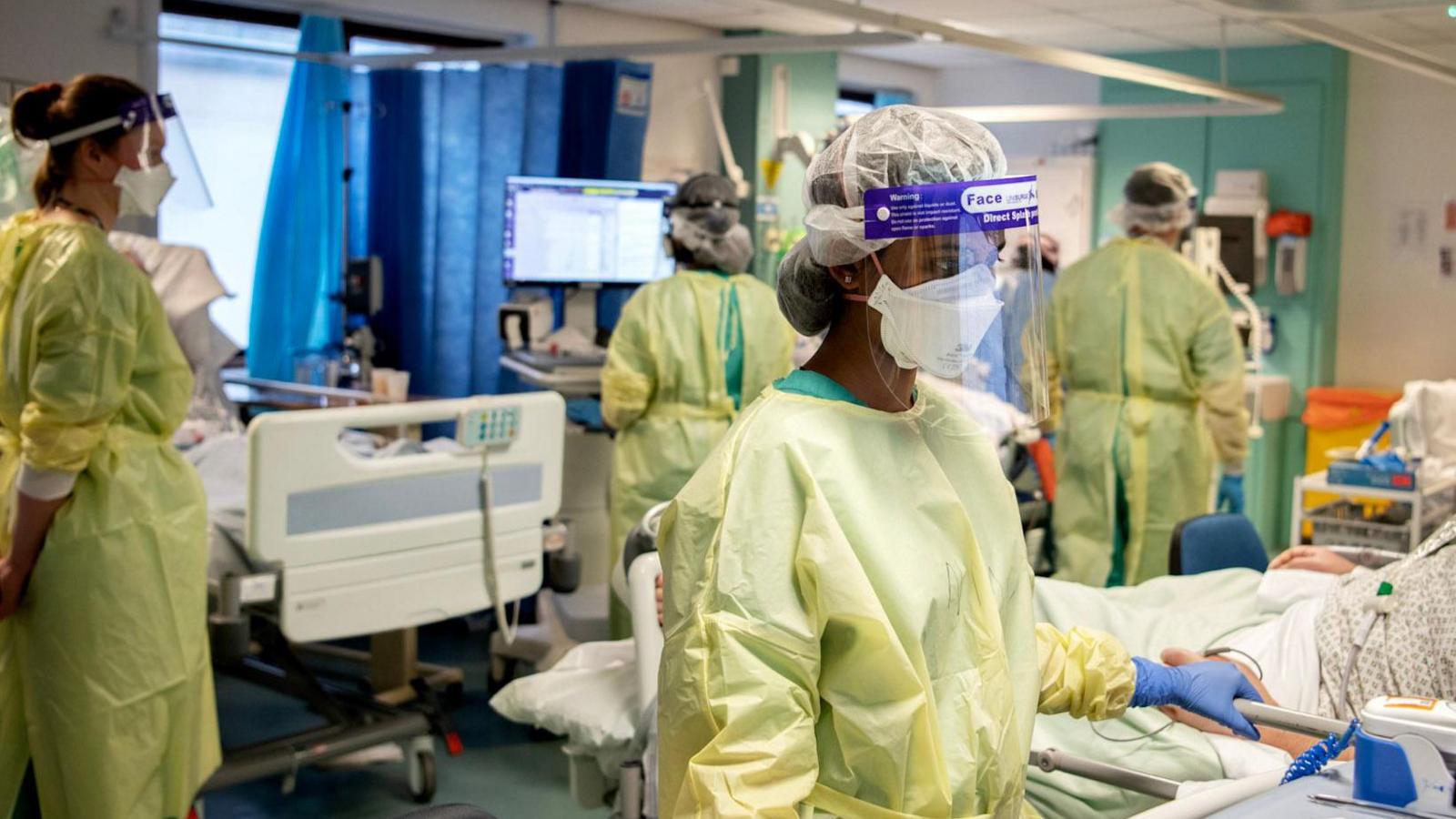
The study was led by professionals from Cambridge University Hospitals NHS Foundation Trust and Lancaster University
The study said restrictions, which only allowed one primary caregiver to attend hospital with their child, posed challenges for families and difficulties establishing relationships with healthcare teams.
Treatments were often postponed and caregivers felt they had to "stay strong" for their child but were often traumatised by their experiences, they added.
Caregivers also experienced "isolation" and lacked guidance when returning home.
Prof Rachel Isba, a consultant in paediatric public health medicine at Alder Hey Children's Hospital in Liverpool, hoped the study could spark improvements.
"Overall, this study not only sheds light on the challenges faced by families during the pandemic but also provides suggestions for improving healthcare services to ensure a more comprehensive and effective response in times of crisis," she said.
Get in touch
Do you have a story suggestion for Cambridgeshire?
Follow Cambridgeshire news on BBC Sounds, Facebook, external, Instagram, external and X, external.
- Published7 January
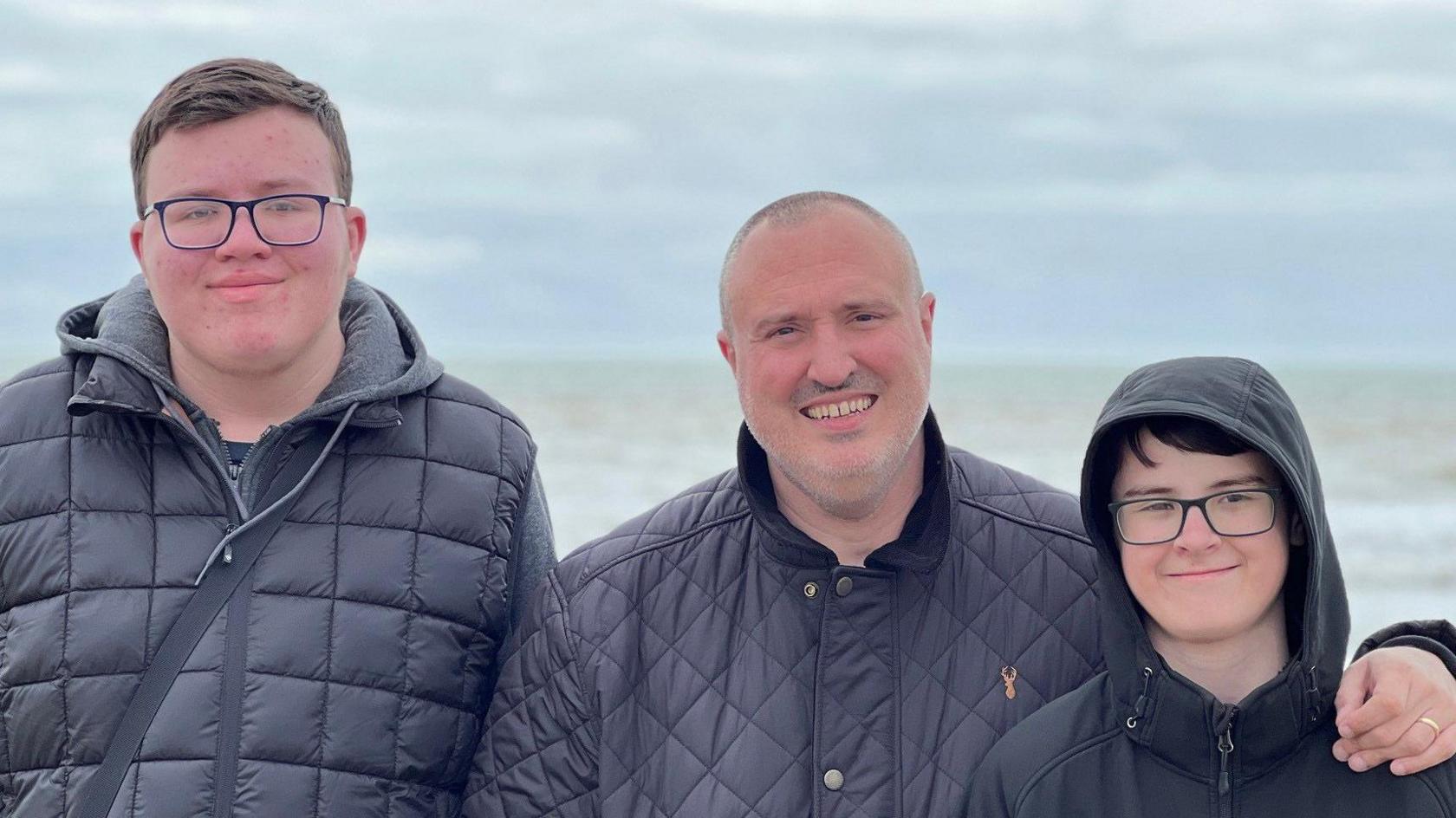
- Published9 September 2024
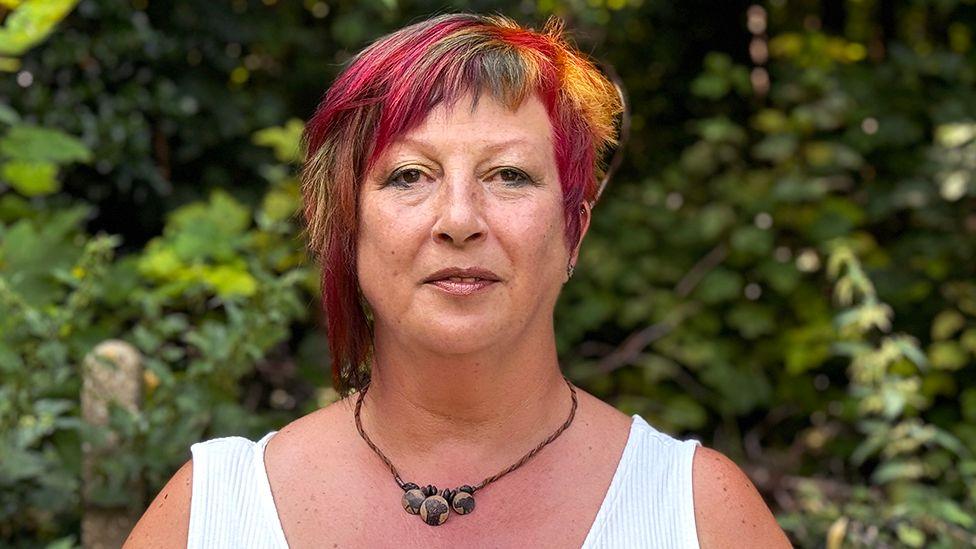
- Published9 September 2024
